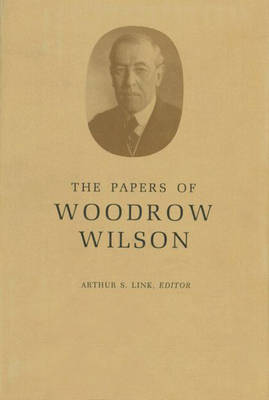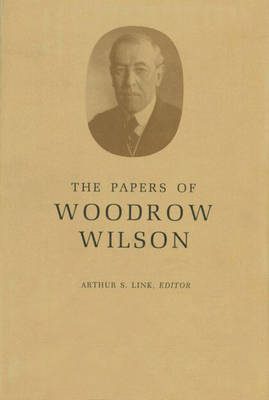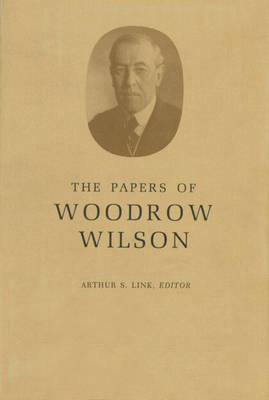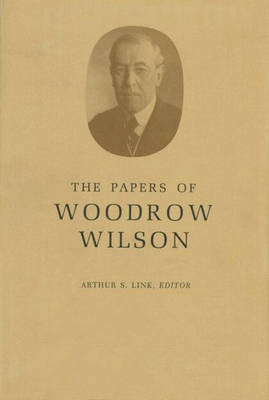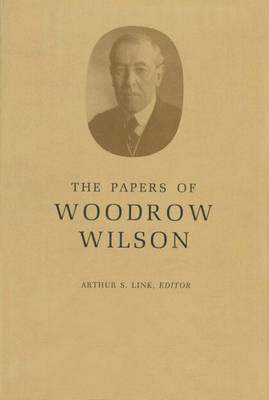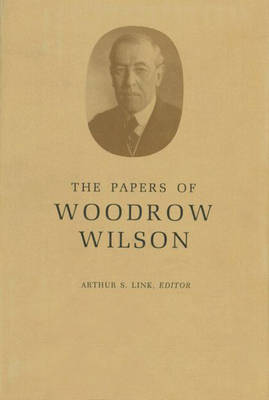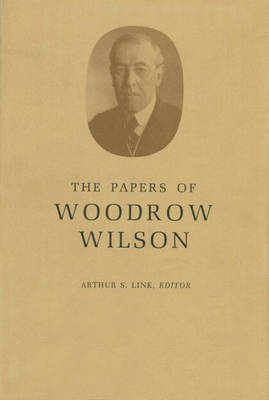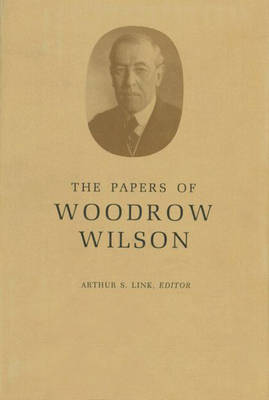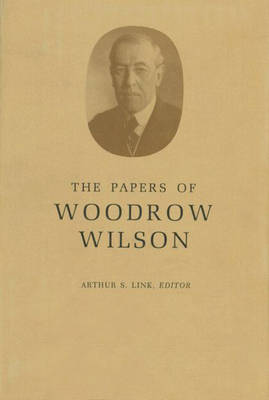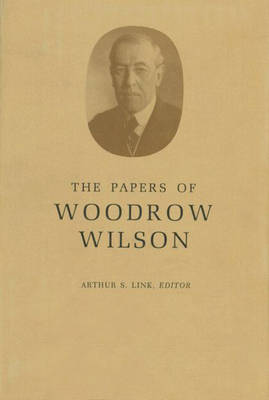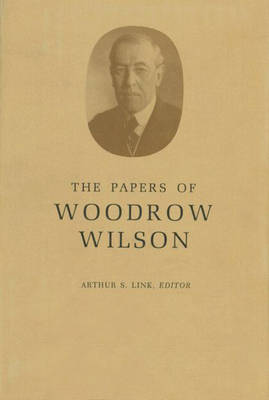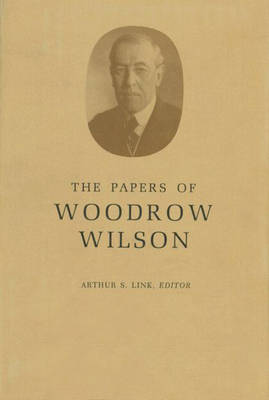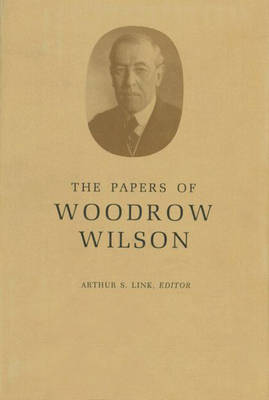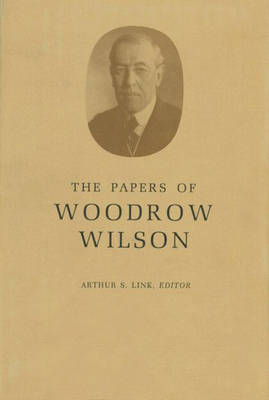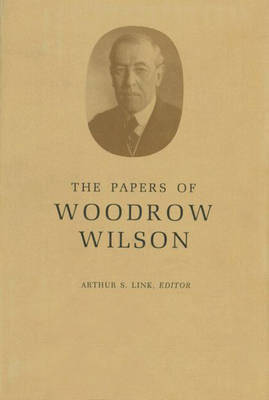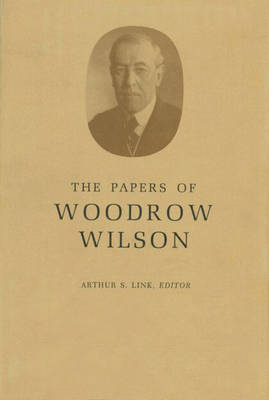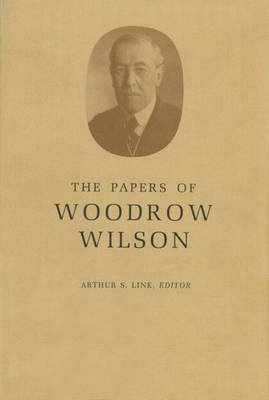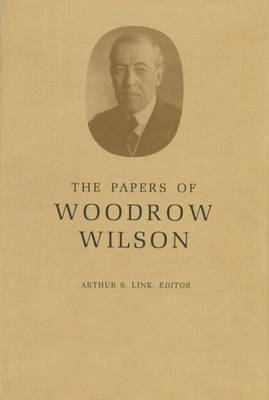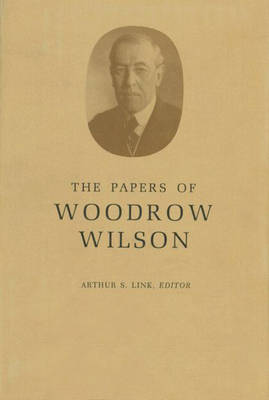Papers of Woodrow Wilson
66 total works
Nevertheless, the apotheosis of Woodrow Wilson has already begun, as personal friends and publicists begin to take stock of the Wilson presidency and legacy.
He sets hard to work on the book that would be published as The State, in 1889. Self-taught in German, he begins to discover the new world of German scholarship in political science and legal studies. Finally, new light is shed on Bryn Mawr College during the first three years of its history and particularly on the beginning of Wilson's career as a teacher. The documents in this fifth volume, most of them published here for the first time, are richly annotated and include Editorial Notes that help the scholar find his way through the maze of documentation of this period.
In spite of Wilson's wish to run again for president, concern for his health prevails, and the Democrats nominate Governor James M. Cox of Ohio, who names Franklin D. Roosevelt, Assistant Secretary of the Navy, as his running mate. Wilson is deeply depressed, but he blesses the Cox and Roosevelt campaign with all the fervor he can summon.
There are sermons, addresses on educational theory and method, and annual reports to the Board of Trustees. The diary that Wilson kept from January 1 through February 13, 1904, is printed herein for the first time, as are materials relating to the most controversial and difficult act of his early Princeton presidency-his dismissal of Arnold Guyot Cameron as Woodhull Professor of French. Mrs. Wilson made a highly eventual two-month tour of Italy in the Spring of 1904. Her letters to her husband detail a vivid view of the Italy of that day, while Wilson's letters to her reveal much about his personal life and ongoing affairs of the university. Of particular interest also are the numerous "begging" letters that he wrote in a successful effort to meet a serious deficit in the university's budget and others that reveal his leading role in the architectural development of Princeton.
Then, on July 19, Wilson suffers what is most likely a small stroke. It disorients and disables him, and, as this volume ends, he is still without any strategy to assure ratification of the treaty. Publication of Volume 61 ends the Peace Conference Volumes, which began with Volume 53.
